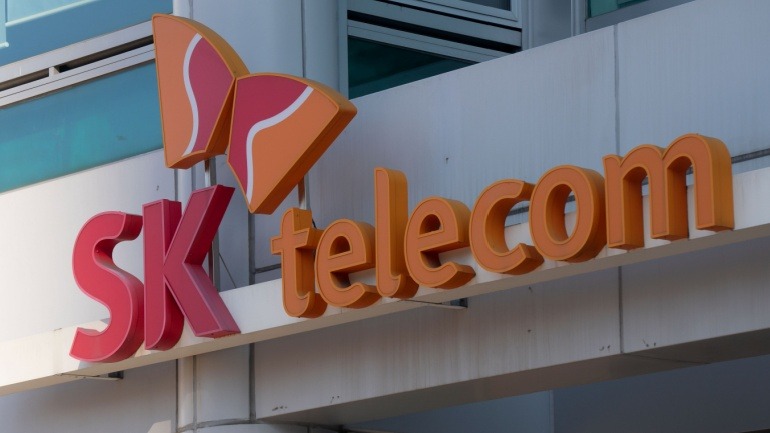In response to the rapid growth of the metaverse and generative AI sectors, the European Commission (EC) is conducting a comprehensive evaluation of the competitive landscape. Margrethe Vestager, the Executive Vice President of competition policy, has issued Requests for Information (RFI) for both markets, urging stakeholders to share insights on competition levels and propose ideas on how antitrust regulations can sustain competitiveness.
The EC is scrutinizing major deals between tech giants and generative AI developers to assess their impact on market dynamics. Additionally, Microsoft’s investment in OpenAI, the developer behind ChatGPT, is under review for compliance with EU merger regulations.
Venture capital investment in AI surpassed €7.2 billion in the EU last year, with the European metaverse market reaching €11 billion. The EC anticipates exponential growth in these markets, emphasizing their potential to reshape business competition.
Vestager highlighted the necessity for these markets to remain competitive, stating, “Virtual worlds and generative AI are rapidly developing. It is fundamental that these new markets stay competitive, and that nothing stands in the way of businesses growing and providing the best and most innovative products to consumers.”
The consultations seek feedback on potential competition issues in these industries, while the EC monitors AI partnerships to prevent distortion of market dynamics.
In the AI sector, major players like Google, IBM, and OpenAI are vying for dominance, with Amazon entering the scene with its Amazon Q chatbot. Apple, traditionally discreet about its AI endeavors, is silently working on its own projects.
Meanwhile, the metaverse trend has encountered hurdles, with Meta’s division losing $46.5 billion since 2019. The focus has shifted towards mixed or augmented reality, with Apple’s Vision Pro headset aiming to lead this evolution.
Despite the challenges, the EC faces the task of evaluating competition in these evolving markets. Interested parties have until March 11 to contribute their perspectives, providing a crucial opportunity to shape the regulatory framework for the burgeoning metaverse and generative AI industries.







